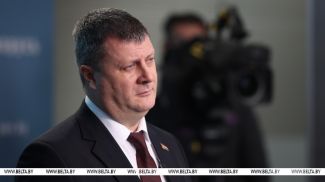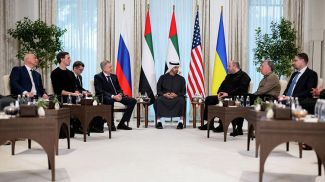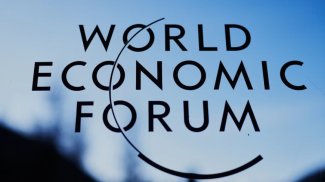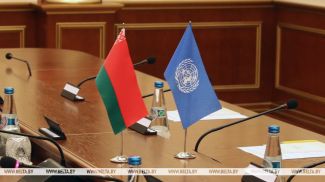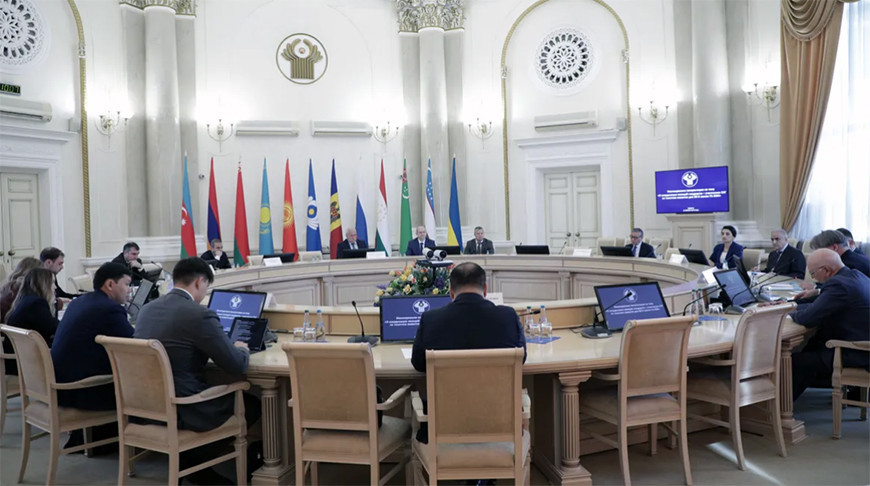
MINSK, 24 June (BelTA) – Minsk played host to the CIS ministerial consultations to discuss the coordination of positions regarding the agenda of the 80th session of the UN General Assembly on 23 June, BelTA learned from the press service of the CIS Executive Committee.
The meeting was attended by representatives of Azerbaijan, Armenia, Belarus, Kazakhstan, Kyrgyzstan, Russia, Tajikistan, Uzbekistan and the CIS Executive Committee.
The participants of the consultations discussed the interaction between the CIS nations in the United Nations, priorities and initiatives in the course of the 80th session of the UN General Assembly, exchanged views on the two initiatives launched by the UN secretary general, namely Pact for the Future and the UN-80. Consideration was also given to mutual support for candidates to the UN bodies and the current trends in the activities of the United Nations, approaches to reforming its bodies.
The participants noted that the participants mostly have identical or similar views on the key items on the agenda of the UN General Assembly. Particular attention was paid to the inadmissibility of adopting country-specific resolutions that contradict the UN Charter, including the principle of sovereign equality and the inadmissibility of interference in the internal affairs of states.
During the discussion, the parties agreed on the need to adjust the work of the UN to modern realities in order to respond effectively to new challenges and threats. It was emphasized that any changes should be balanced, rational and aimed at strengthening the organization, in strict compliance with the UN Charter.
The meeting was attended by representatives of Azerbaijan, Armenia, Belarus, Kazakhstan, Kyrgyzstan, Russia, Tajikistan, Uzbekistan and the CIS Executive Committee.
The participants of the consultations discussed the interaction between the CIS nations in the United Nations, priorities and initiatives in the course of the 80th session of the UN General Assembly, exchanged views on the two initiatives launched by the UN secretary general, namely Pact for the Future and the UN-80. Consideration was also given to mutual support for candidates to the UN bodies and the current trends in the activities of the United Nations, approaches to reforming its bodies.
The participants noted that the participants mostly have identical or similar views on the key items on the agenda of the UN General Assembly. Particular attention was paid to the inadmissibility of adopting country-specific resolutions that contradict the UN Charter, including the principle of sovereign equality and the inadmissibility of interference in the internal affairs of states.
During the discussion, the parties agreed on the need to adjust the work of the UN to modern realities in order to respond effectively to new challenges and threats. It was emphasized that any changes should be balanced, rational and aimed at strengthening the organization, in strict compliance with the UN Charter.




